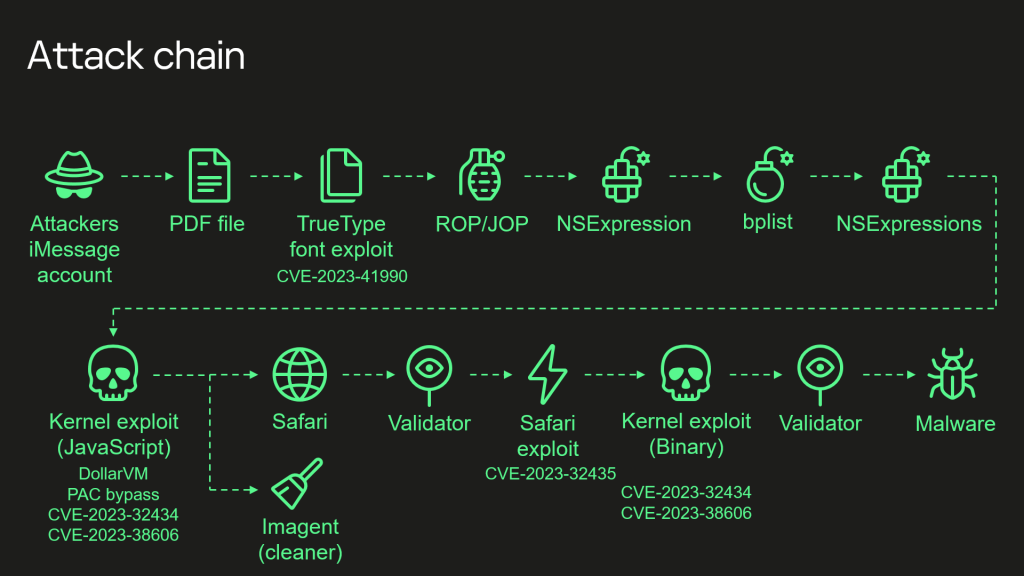Safeguarding Homeowner Privacy in the Digital Age
A significant data breach has rocked the Real Estate Investment Network exposing sensitive information of 1.5 million homeowners. The breach divulged detailed tax data and home addresses, raising critical concerns about privacy infringement and potential repercussions for affected individuals.
Breach Impact and Privacy Concerns:
The exposed data, encompassing homeowners’ tax information and residential addresses, represents a severe breach of privacy. Such sensitive details falling into unauthorized hands can lead to various risks for affected individuals. From identity theft and financial fraud to potential home security threats, the ramifications are alarming. The breach not only compromises personal privacy but also poses significant security concerns for homeowners.
Mitigation and Preventive Measures:
In response to this breach, Real Estate Wealth Network has initiated a robust damage control strategy. The affected individuals are being notified promptly, and measures are underway to offer support, including credit monitoring services and guidance on safeguarding personal information. Additionally, Real Estate Wealth Network is collaborating with cybersecurity experts to fortify its systems, implementing stringent security protocols, and investing in advanced encryption technologies to prevent future breaches.
Protecting Homeowner Data in the Digital Era:
This breach underscores the critical need for stringent data protection measures across real estate investment networks. The nature of homeowner data, including tax records and addresses, demands enhanced security protocols and encryption methods. Real Estate Wealth Network, along with similar entities, must prioritize privacy and cybersecurity, not only to comply with regulations but also to uphold the trust of homeowners who entrust their sensitive information to these networks.
Conclusion:
The Real Estate Wealth Network data breach exposing 1.5 million homeowners’ tax data and addresses, serves as a stark reminder of the vulnerabilities in data security. As the real estate industry increasingly relies on digital platforms, safeguarding sensitive information becomes paramount. By implementing robust security measures, adhering to stringent data protection standards, and prioritizing customer privacy, real estate investment networks can ensure the safety of homeowner data and maintain trust in an increasingly interconnected digital landscape.




